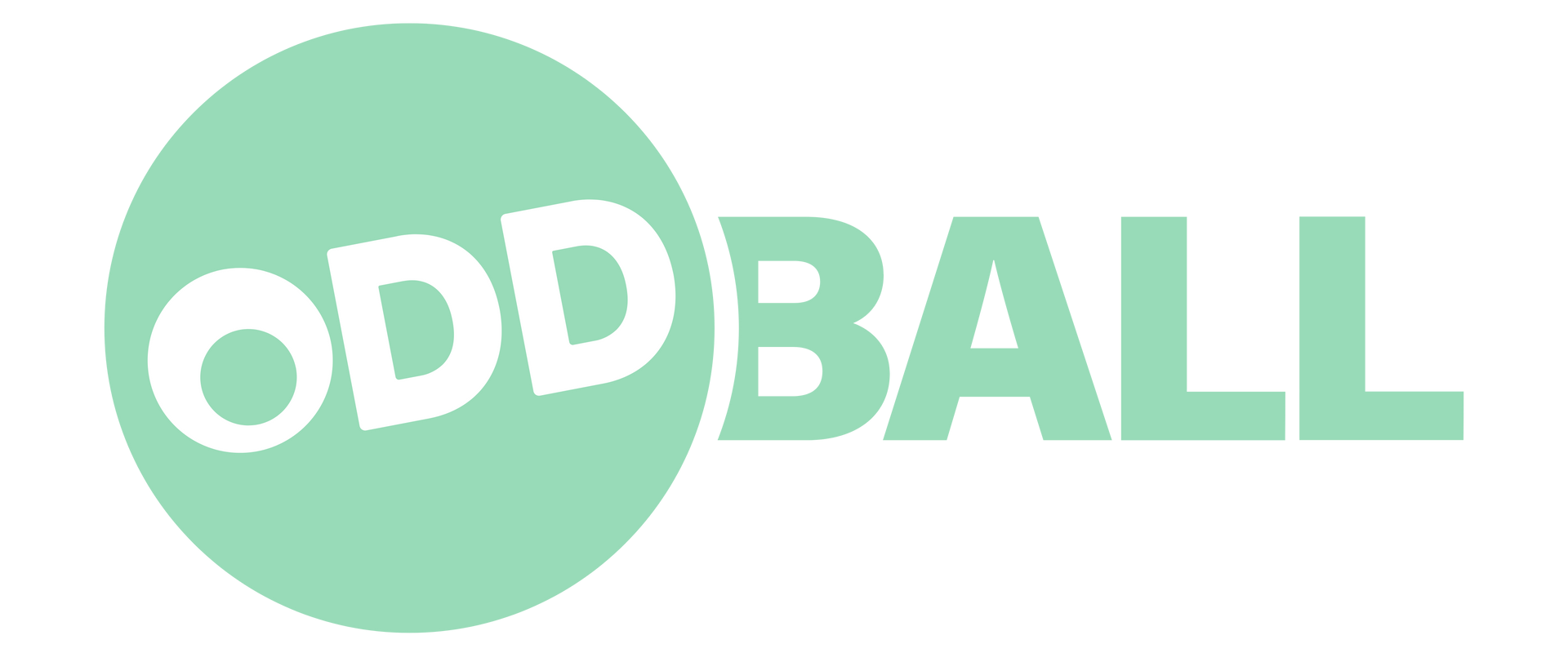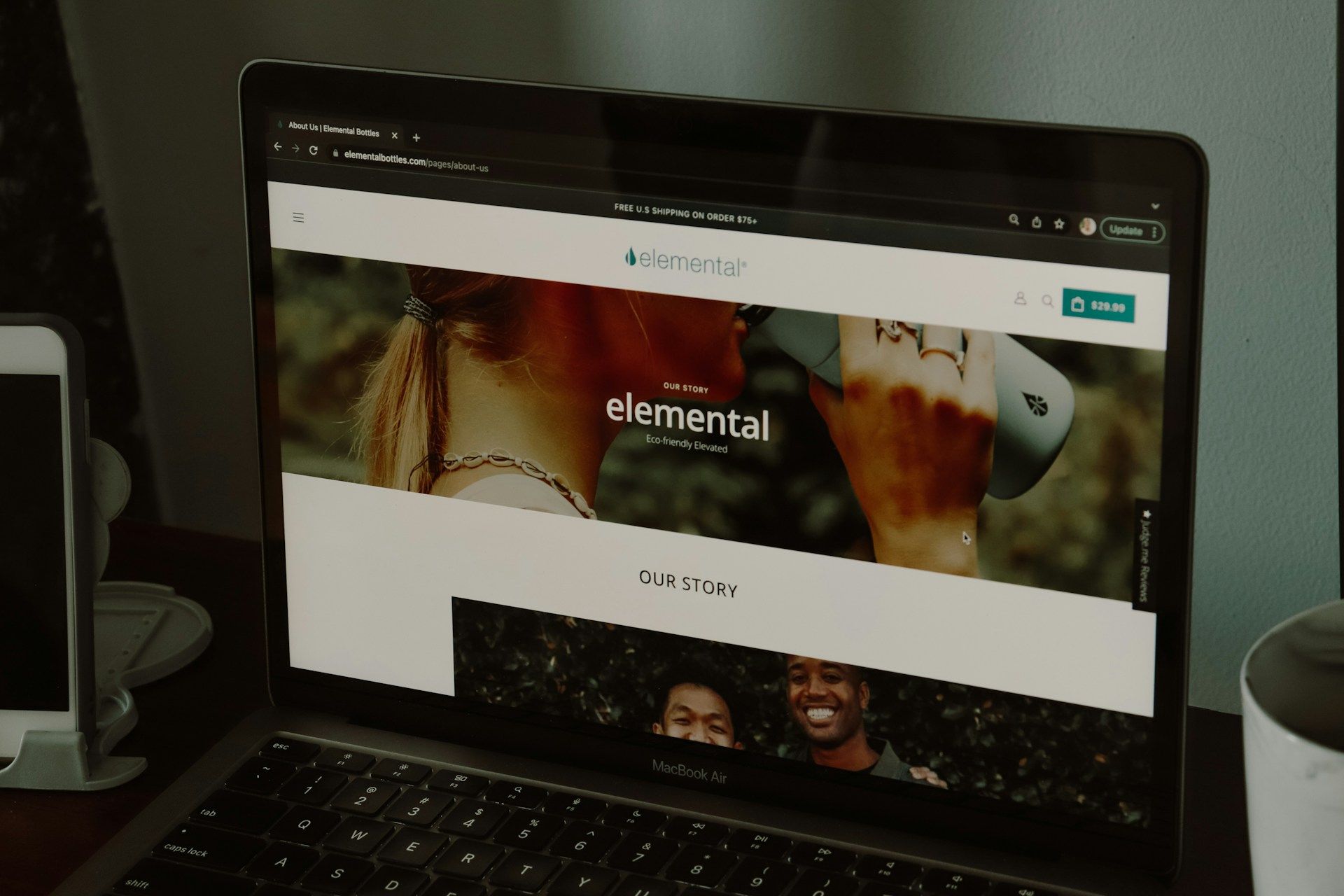Optimizing Your Website with On-Page SEO Techniques
Everyone wants their website to shine and attract more visitors. But with lots of websites out there, making yours stand out can seem tricky. Optimizing your website with on-page SEO techniques is a smart way to improve its performance and reach more people. These techniques help search engines understand your website better, making it easier for users to find your content when they're searching online.
By using on-page SEO techniques, you ensure that your site communicates effectively with search engines. This means tweaking your website's pages so search engines know exactly what your content is about. The result? You'll likely see an increase in both traffic and engagement. With more visitors, your site gains more opportunities to connect with people who are interested in what you have to offer.
Conduct Thorough Keyword Research
Keywords are the backbone of on-page SEO. They help search engines understand your content and connect it with relevant searches. Conducting research to find the right keywords is the first step in optimizing your website. Here's why it matters and how you can do it effectively:
- Identify Relevant Keywords: Start by thinking about words or phrases people might use to find your content. List out these potential keywords and focus on those that fit your topic best.
- Use Tools to Find Keywords: There are many tools available, like Google's Keyword Planner or SEMrush. These tools help you discover popular search terms and phrases related to your topic, giving you valuable insights into what people are searching for.
- Balance Between Popular and Niche Keywords: It's a good idea to use a mix of popular terms that many people are searching for and more specific niche keywords that have less competition. This balance helps you reach a broader audience while still attracting highly interested visitors.
By following these steps, you lay a strong foundation for your on-page SEO. Keywords are like a map that guides your content to the right people, improving your chances of boosting your website's visibility and ranking in search results.
Optimize Title Tags and Meta Descriptions
Title tags and meta descriptions play a big role in how your page appears in search engine results. They are the first impression that users get of your site. Optimizing these can significantly impact your site's click-through rate and overall traffic.
Title tags are like the name of a book; they tell the search engine what the page is about. Make sure your title tags are clear and include your main keyword. Keep them short, as search engines usually display only the first 60-70 characters. For example, if you're writing about home gardening tips, a good title tag might be "Home Gardening Tips: Easy Steps for Beginners."
Next up, meta descriptions. These little snippets offer a quick preview of your page's content. They don't directly affect your search rankings, but they do play a part in getting users to click on your link. Write meta descriptions that give a brief, catchy summary of the page that includes a keyword. Aim for about 150-160 characters to stay within the limit that search engines display. By investing a little time into crafting engaging title tags and meta descriptions, you can improve the way your website attracts and engages visitors from search results.
Improve URL Structure
URLs might seem like a small detail, but they play a big role in your website’s SEO. A clean, descriptive URL helps search engines and users understand what a page is about just by looking at the address. Clear URLs are more likely to be clicked and shared, boosting traffic to your site.
Start by keeping your URLs simple and direct. Remove unnecessary words, and focus on using relevant keywords that describe the content of the page. For instance, if you have a page about home gardening tips, a good URL would be something straightforward like yoursite.com/home-gardening-tips. Avoid using complex strings of numbers or unrelated words.
Consider the following tips for effective URL structure:
- Make them readable: Users should be able to understand what your page is about by looking at the URL.
- Use hyphens: Separate words with hyphens rather than underscores for better readability by both search engines and users.
- Keep them concise: Short URLs are easier to remember and share.
By focusing on creating clean URLs, you enhance your site’s searchability and improve the user experience, guiding visitors smoothly to their desired content.
Enhance Content Quality
High-quality content is at the heart of on-page SEO. It's what keeps visitors engaged and encourages them to spend more time on your site. Engaging, informative content not only attracts visitors but also helps convert them into loyal followers or customers. Quality content is about meeting the needs of your audience, providing them with value that meets their interests and answers their questions.
When creating content, consider these tips:
- Be informative: Ensure your content provides clear and useful information.
- Engage your audience: Use a conversational tone and relatable examples to draw readers in.
- Use your keywords naturally: Avoid keyword stuffing. Instead, weave keywords seamlessly into your content so it sounds natural.
By maintaining high standards for your content, you not only improve your site's SEO but also build trust with your readers.
Utilize Internal Linking
Internal links guide visitors through your website and show search engines the structure of your site. They help distribute page authority and can improve your search ranking. Internal linking strengthens the connection between your related content, making it easier for users to navigate.
When adding internal links, consider these guidelines:
- Link relevant pages: Your links should add value by directing users to additional information that enhances their understanding of the topic.
- Use descriptive anchor text: The clickable text should give a clear idea of what the linked page is about.
- Don’t overdo it: Too many links on one page can confuse users and dilute the page’s focus.
Effective internal linking creates pathways on your website that can boost user engagement and lead to higher conversions.
SEO Success Awaits
By understanding and applying these on-page SEO techniques, you're setting up your website for greater visibility and user engagement. Effective keyword research, optimized title tags, clean URLs, high-quality content, and smart internal linking each play a role in helping your site rise in the search results.
Putting these elements into practice will take some effort, but the rewards of increased traffic and user interaction are worth it. Start with these strategies, and watch as your website transforms into a more visible and engaging destination for your audience.
Take the next step in optimizing your site by connecting with a trusted SEO company that can help you reach your goals. Oddball Creative specializes in search engine optimization strategies tailored to enhance your online presence. Discover more about our comprehensive approach and let us help you turn your website into a powerful tool for reaching more potential customers.



